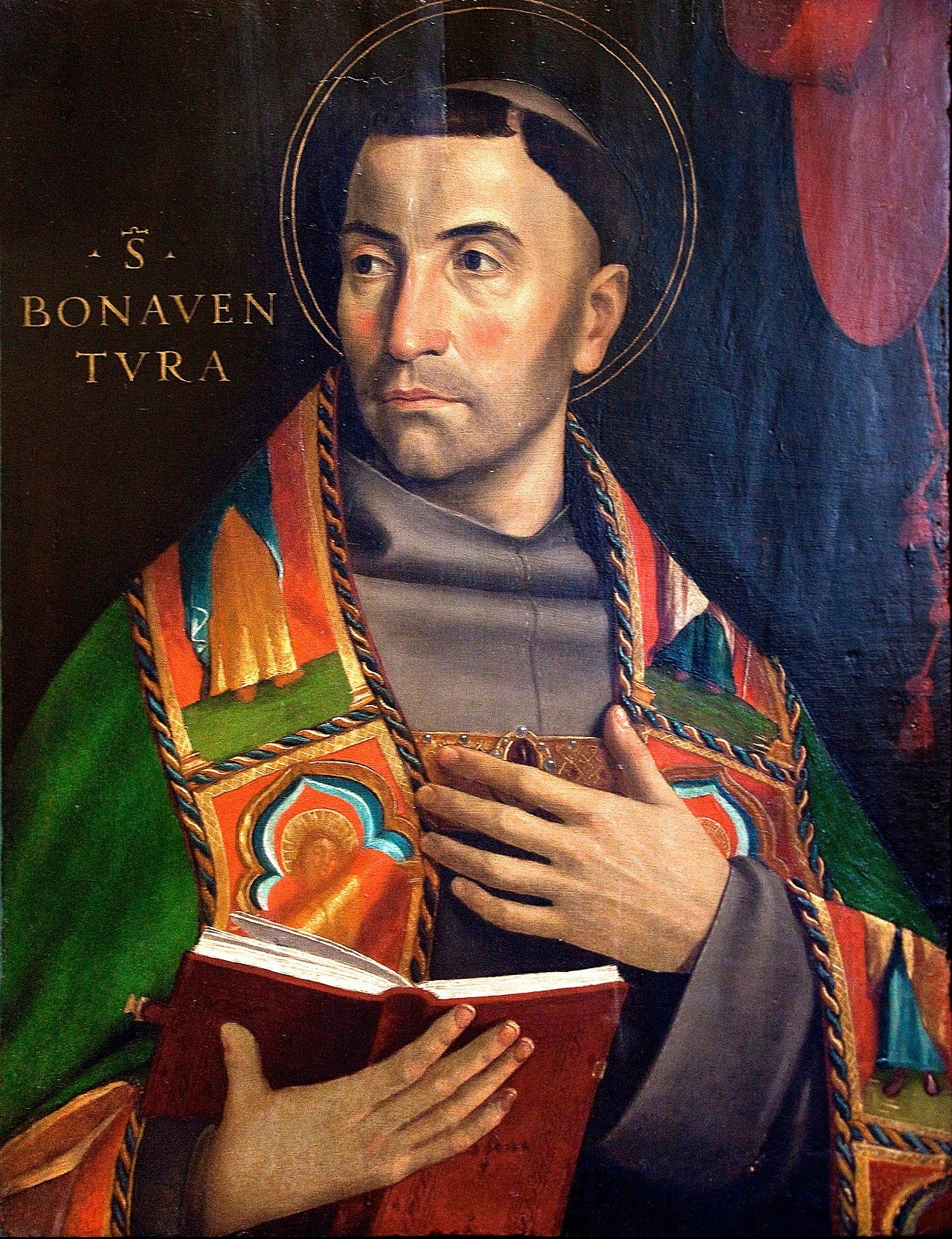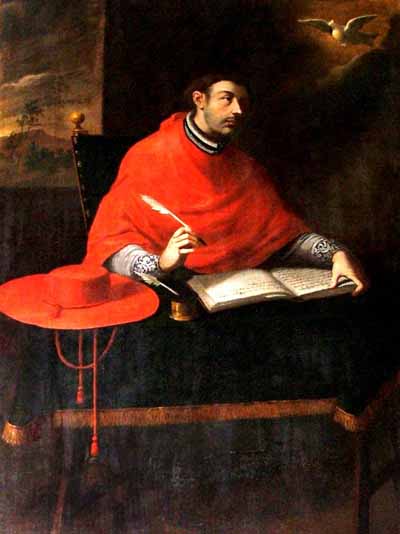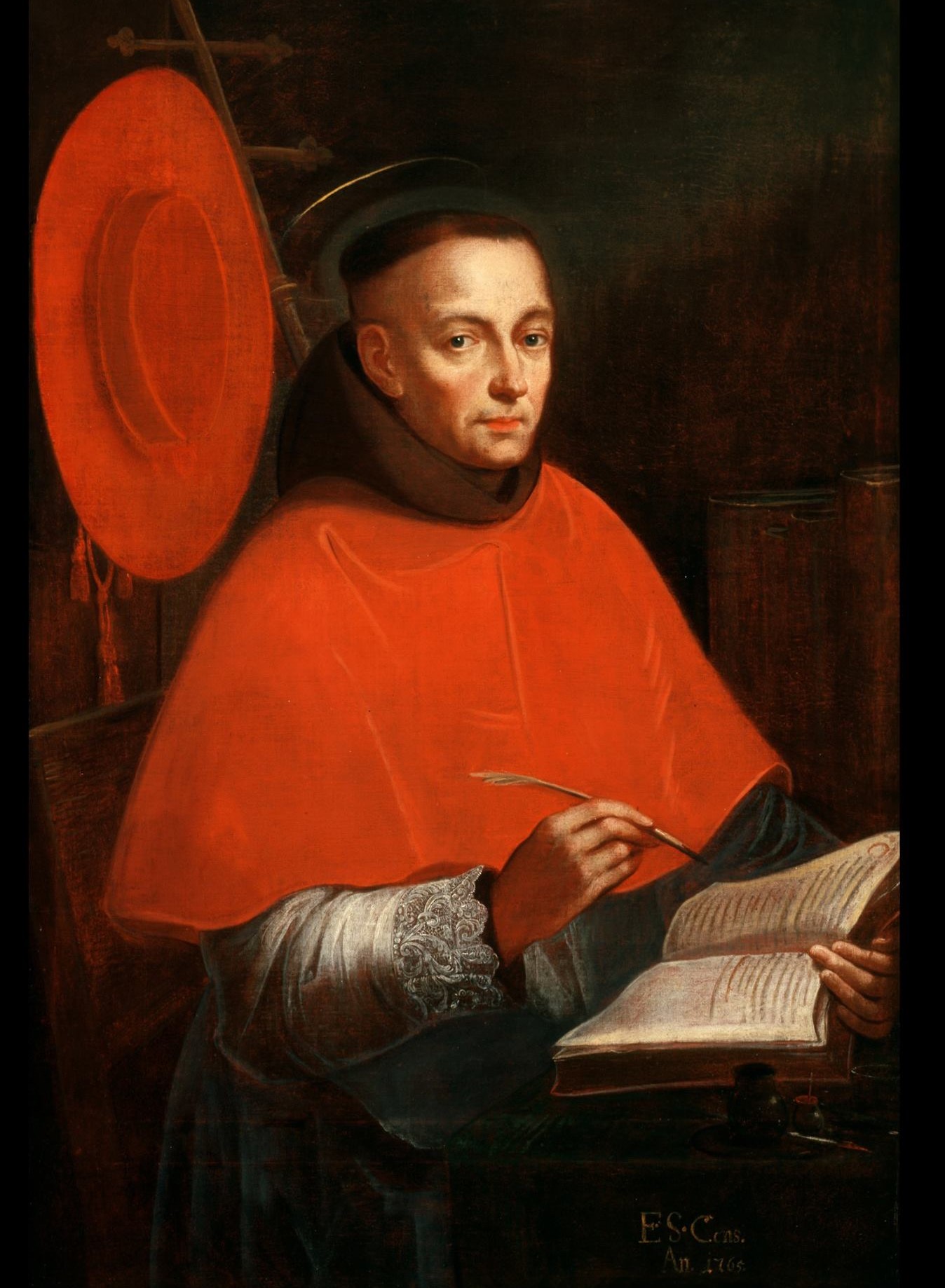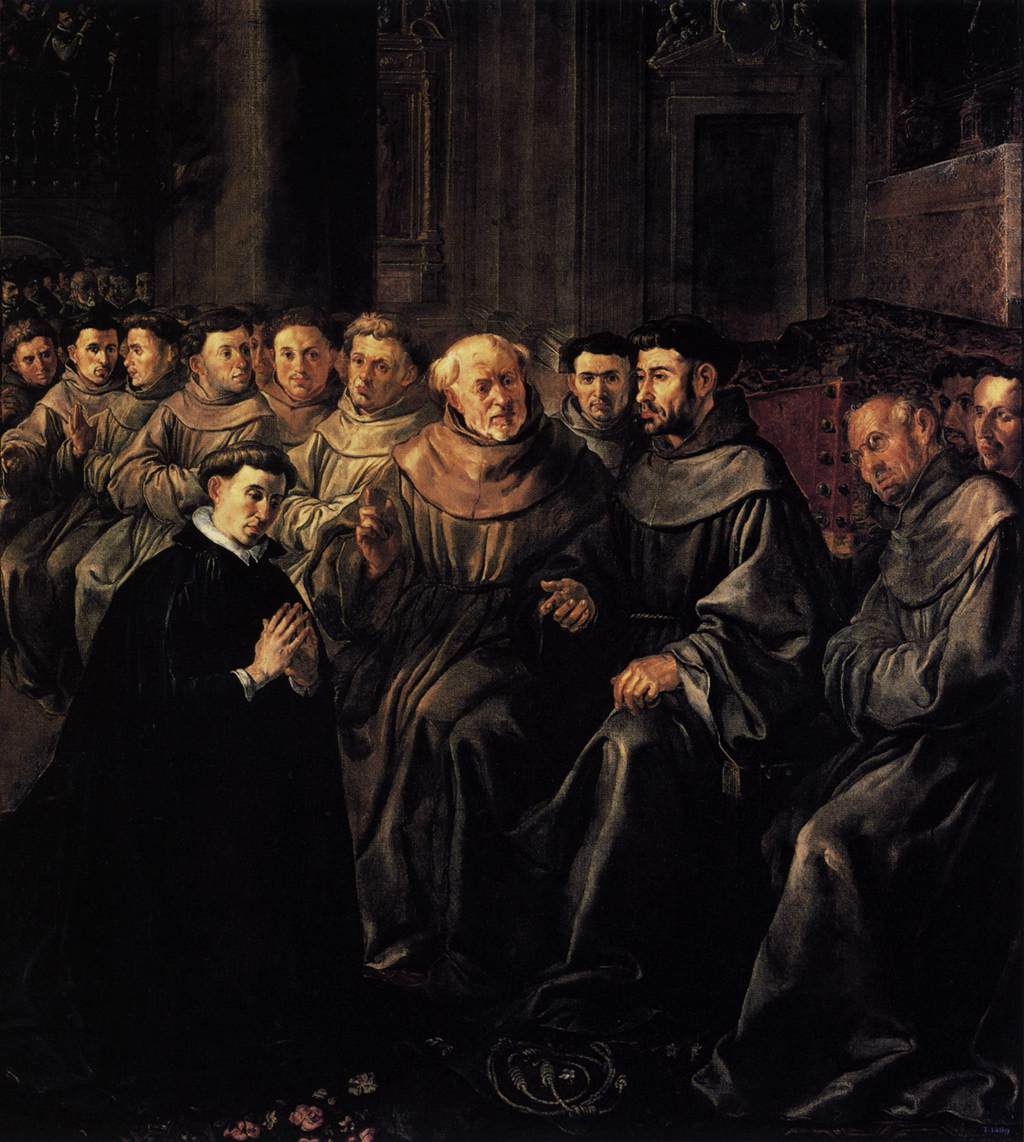“When we pray, the voice of the heart must be heard more than that proceeding from the mouth.”
Giovanni di Fidanza was born in 1221 at Civita di Bagnoregio, near the Papal States in Italy, to a physician and his wife, and was educated at the local Franciscan convent. His mother was devoted to Saint Francis of Assisi and her prayers to him saved Giovanni from a grave illness. He therefore inherited his mother’s devotion.
At the age of 18, he entered the newly chartered University of Paris and studied under the founder of the Franciscan school. Giovanni followed him into the Order of Friars Minor and took the name Bonaventure with a study in an advanced degree in theology.
After graduation, he began to lecture, engage in public disputations, and preach, becoming a senior faculty member.
Professors that did not belong to religious orders, refused to recognize his title and position which he defended. Pope Alexander IV intervened and settled the dispute. The Franciscan friars then elected Bonaventure to Minister General at the age of 36. Majority of his tasks were squelching heresy and disputes in his numerous publications.
He traveled widely on foot, just as Saint Francis did, with frequent visits to friars throughout Europe.
He steered the Franciscans on a course that made them the most prominent order in the Catholic Church until the coming of the Jesuits.
Pope Clement IV attempted to appoint Bonaventure as Bishop of York in 1265, but he refused the honor.
Upon the Pope’s death several years later, King Louis IX of France and his brother, attempted to intervene in the election of the new pope but the Cardinals resisted. Bonaventure supported a candidate which brought the crisis to an end. The newly elected Pope Gregory X appointed him as the Cardinal Bishop of Albano to lead the effort to reunify the Roman Catholic Church and the Orthodox Church at the 2nd Council of Lyon. With the talents, wisdom, and efforts that God provided him, he proved to be instrumental, and they celebrated a reunion.
Shortly after, he died suddenly under suspicious circumstances on July 15, 1274, with suggestions that he was poisoned.
His theology was marked by an attempt completely to integrate faith and reason and he has been declared a Doctor of the Church. He wrote ‘The Tree of Life’ as an effective tool for his readers to enter fully into Jesus’ life of compassion and mercy.
His feast day is July 15.
For God’s Glory.



